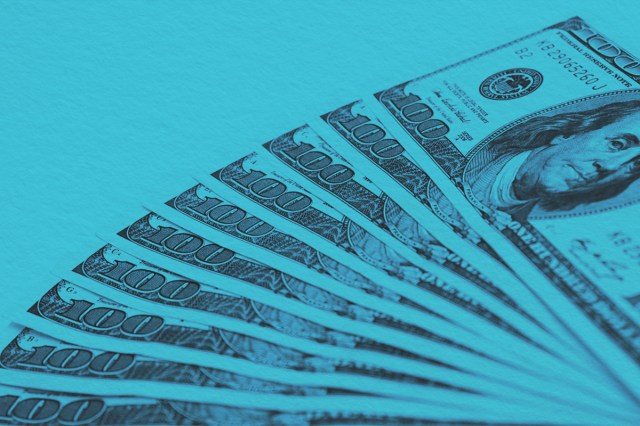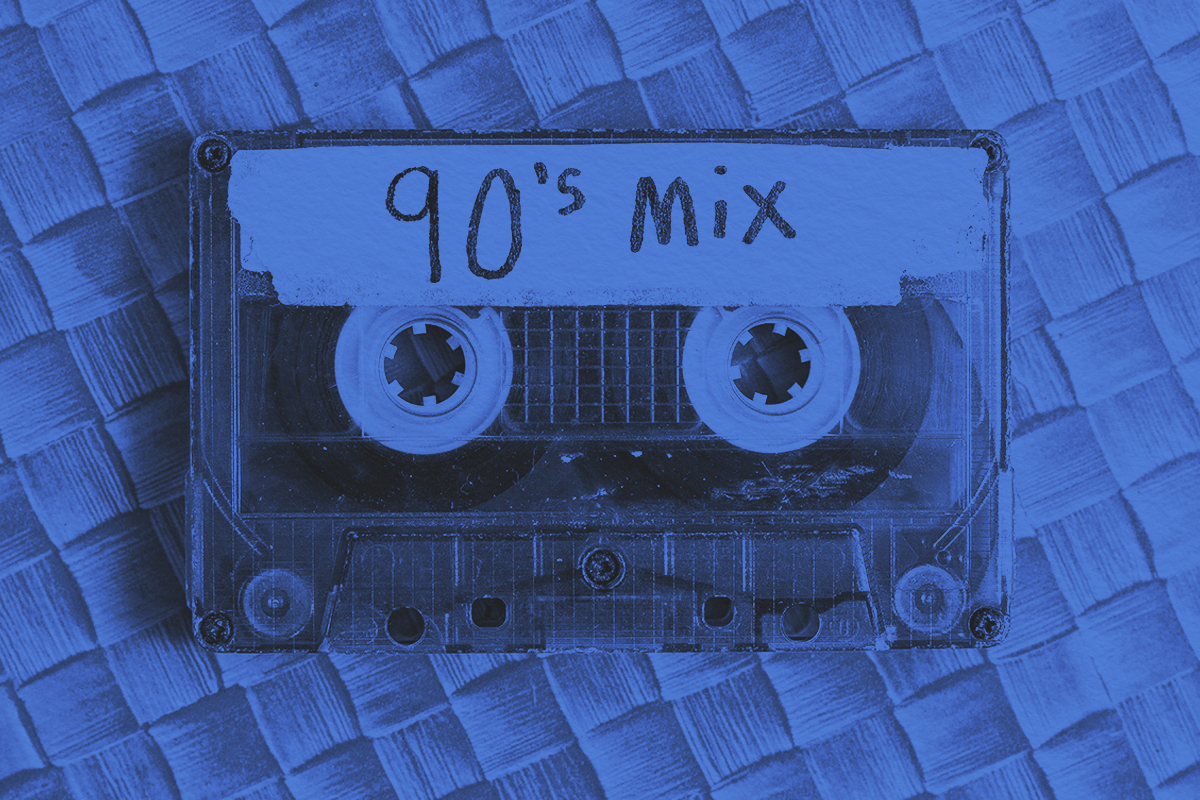
In English, the concept of money has plenty of nicknames: “cash,” “moolah,” “bucks,” “dough,” “bread,” “scratch,” etc. But only a few specific amounts of money have sobriquets of their own. For example, $1,000 is commonly called “a grand,” a term that was coined in the early 20th century.
One of the earliest known uses of “grand” as slang for a thousand dollars dates back to a 1915 edition of The Boston Daily Globe. At the time, a thousand bucks was considered a “grand sum” of cash, hence the nickname we still use. And while it might not be quite as life-changing in the context of today, when you take inflation into account, $1,000 in 1915 is roughly equivalent to $32,000 in 2025, which is an impressive sum of money — one might even say it’s grand.
Of course, slang evolves as language does, and we now have a colloquialism for “grand” (which is itself a colloquialism). People sometimes shorten “grand” to “Gs,” so if someone says “five Gs,” they mean $5,000. While we’re on the topic of single letters, a thousand is also sometimes represented by the letter “K.” This has to do with the prefix “kilo-,” a term derived from the ancient Greek khilioi, meaning “thousand.” In other words, $5,000 in cash can be represented by either “five Gs” or “five K.”

















